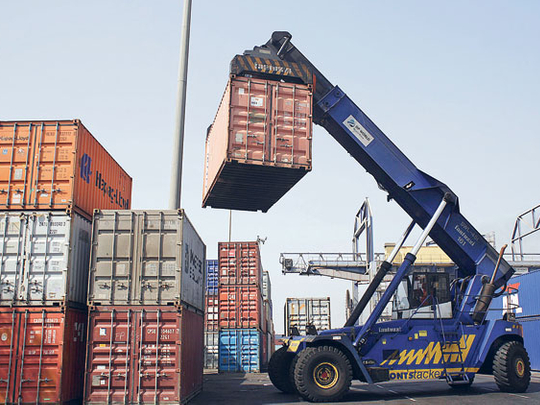
Tokyo: Japan, India and Australia are seeking to build stronger supply chains to counter China's dominance as trade and geopolitical tensions escalate across the region.
The three nations are discussing building a "supply chain resilience initiative". The talks are at a working level currently, but Japan would like to bring them to a higher level at some point.
India's government is considering the plan and will make a decision soon about whether to participate, some of the people said.
The intensifying US-China conflict and worsening diplomatic relations across the region are forcing companies to consider whether they can continue to do business in China as before. In addition, the disruptions to trade caused by COVID-19 brought home how dependent many nations were on China for essential goods such as ventilators or masks, spurring talk about diversification.
Make the exit
Japan is trying to pare its reliance on Chinese factories, with the government subsidizing some companies to shift or expand operations in Japan and Southeast Asia. So far 87 firms are participating in the programme, which will pay out 243.5 billion yen ($2.3 billion).
Both India's and Australia's trade and diplomatic relations with China are fraying. Prime Minister Narendra Modi's government restricted some Chinese imports and banned several Chinese apps after a deadly border clash with its neighbor. In Australia, exports like beef, barley and now wine have been targeted by China amid deteriorating ties between the two nations.
A four-power move
Along with the US, Japan, Australia and India are members of the Quadrilateral Security Dialogue, or Quad, a loose grouping for national security consultation.
Earlier this year Australia and India agreed to work together on diversifying supply chains.
The new proposal will seek to lean on such bilateral agreements between countries and put in place further measures for trade facilitation and attracting foreign direct investment in the Indo-Pacific region. Nations from Southeast Asia would also be invited to participate.








